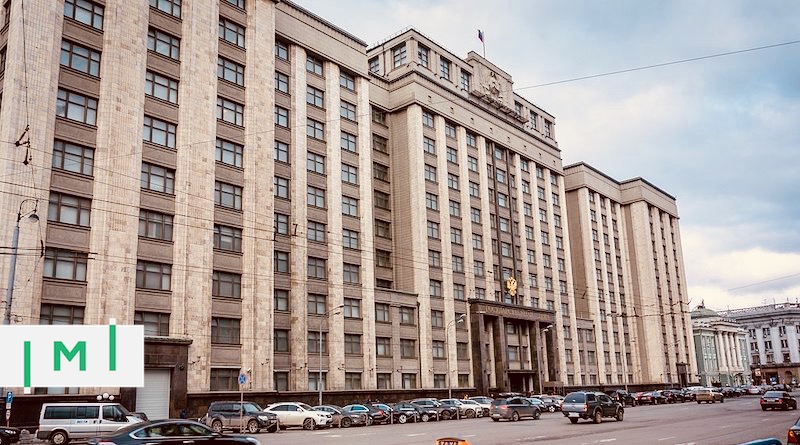Duma Votes 302-0 to Pass Russia’s Historic Dual Citizenship Law in Record Time
Both the Lower and Upper houses of Russia’s Federal Assembly – the State Duma and the Federation Council, respectively – both passed the amendments to Russia’s Citizenship Law, which will enable foreigners to obtain Russian nationality without renouncing their original citizenship, on Friday, reports the Moscow Times.
Lawmakers, who have described the amendments as “revolutionary”, passed the legislation just ten days after the executive submitted it to the Federal Assembly for consideration. All that remains before the changes can take effect is a signature from President Putin and a 90-day waiting period following the law’s publication in the official gazette.
The changes also do away with previous requirements mandating the children and spouses of Russian nationals reside in Russia for five consecutive years before becoming eligible for citizenship themselves.
In our previous coverage of the legislation from February, we explained the significance of the then-draft bill:
While native Russians have never been barred from obtaining second citizenships – in fact, explains Nuri Katz of Apex Capital Partners, this right is constitutionally guaranteed – non-natives hoping to become naturalized Russians are required to give up their original nationalities.
“It now appears the government may allow foreigners to acquire Russian citizenship while maintaining their previous one,” says Katz.
While the change would not, in itself, bolster Russian participation in CIPs around the world, it would enable scores of foreigners to become Russian. “It could allow Russia to create its own version of a citizenship by investment program, something that would be wildly popular amongst elites of the former Soviet countries as well as – most likely – China, and possibly other countries,” Katz points out. “There has been talk of creating such a program but so far President Putin seems to be against this.”
To whom would Russian citizenship by investment be attractive?
To plenty of people. Russia is such a world unto itself that, even in the absence of visa-free travel to destinations like Schengen, the UK, the US, Canada, etc., a CIP would – if priced correctly – be a very intriguing proposition for tech-entrepreneurs from Tashkent, property developers from Odessa, hoteliers from Tbilisi, or whoever else who might want to stroll down Tverskaya Street feeling at home.
See also: Kremlin’s Lifting of Restrictions on Dual Citizenship Could Pave Way for Russian CIP
The liberalized naturalization regime is an integral part of the government’s plan to tackle the country’s severe demographic decline by adding as many as 10 million news citizens in just a few years.
In 2019, deaths outnumbered births by 250,000. Immigration has, to some degree, stemmed this decline, but Russia’s population today is the same as it was three decades ago, about 147 million people.
Putin now hopes to drastically bolster that figure by incorporating up to ten million new citizens – chiefly Russian-speakers from what’s referred to as “fraternal states”, a euphemism for former Soviet Republics. Putin has also personally called for the removal of Russian language tests for Ukrainian and Belarusian citizenship applicants and fast-tracked the applications of Donbass-region refugees.
Christian Henrik Nesheim is the founder and editor of Investment Migration Insider, the #1 magazine – online or offline – for residency and citizenship by investment. He is an internationally recognized expert, speaker, documentary producer, and writer on the subject of investment migration, whose work is cited in the Economist, Bloomberg, Fortune, Forbes, Newsweek, and Business Insider. Norwegian by birth, Christian has spent the last 16 years in the United States, China, Spain, and Portugal.



